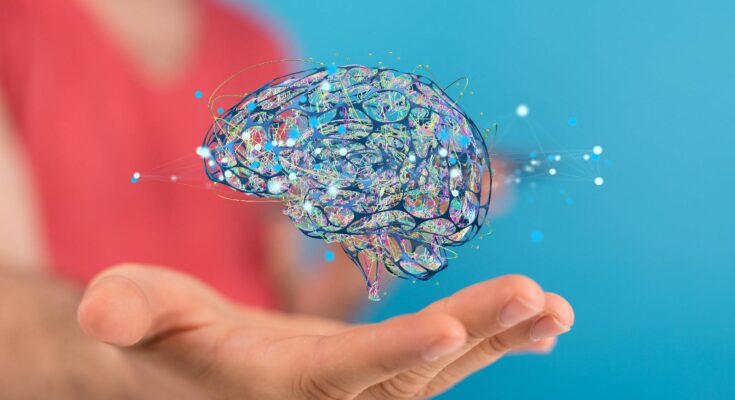It has been nearly three years since the World Health Organization declared the Covid-19 outbreak a pandemic. Since then, people in power or family members or even neighbours have been all rooting for vaccination against coronavirus. “Did you get the jab?” is what many ask. In the last few months, we might have skipped wearing masks or stopped depending on sanitizers. But researchers have been spending a lot of time to find out more about Covid-19 and its side effects. Now, a new study has revealed that severe Covid may cause your brain to age faster.
An analysis of dozens of post-mortem brain samples showed that severe Covid is associated with changes in the brain that are similar to those that are seen in old age. The analysis revealed brain changes in gene activity were more extensive in individuals who had severe Covid-19 infections than in uninfected people who had been in an intensive care unit or had been put on ventilators to help them with their breathing. These are also the treatments that are used in many people with serious Covid-19.

New study on the effects of Covid-19 on the brain
The study, which was published in Nature Aging, joins many publications that catalogue the effects of Covid-19 on the brain.
Neuropathologist Marianna Bugiani at Amsterdam University Medical Centers said that it gives rise to many questions that are important, not only for understanding the disease, but to “prepare society for what the consequences of the pandemic might be.” Bugiani feels that these consequences might “not be clear for years.”
Cognitive decline after Covid-19
The work on the study was started by Maria Mavrikaki, a neurobiologist at the Beth Israel Deaconess Medical Center in Boston, Massachusetts, about two years ago. She saw a preprint that was later published as a paper, and it described cognitive decline after Covid-19. Then she followed it up to see whether she could find any changes in the brain that might trigger the effects.
She and her team studied samples taken from the frontal cortex of 21 people. They had severe Covid-19 when they died. The list also included a person with an asymptomatic Covid infection at death. Then the team compared these with samples from 22 people who had no known history of Covid infection. There was another group of nine people who had no history of the infection, but had spent time in an ICU or on a ventilator.
The scientists found that genes linked with stress and inflammation were more active in the brains of people who had had severe Covid-19 than in the brains of people in the group of nine individuals.

The research team also analysed brain tissue from 20 further uninfected people. Ten of them were 38 years old or younger at death, and 10 were in the older age bracket — 71 or more. When compared, it showed that people in the older group had brain changes that were similar to those seen in people with severe Covid-19.
Daniel Martins-de-Souza, head of proteomics at the University of Campinas in Brazil, said that the work is preliminary and will need to be confirmed using complementary approaches, but it is an informative study.
Other possible side effects of severe Covid-19
When it comes to Covid-19, experts have noticed many side effects. Several studies have even been done on severe Covid, and one of them involved patients over 18 with confirmed Covid-19. They were hospitalised in Strasbourg and Mulhouse hospitals (France) in March 2020. According to Eurosurveillance, the research team compared patients who developed severe disease and those who died, to those who did not, by day seven after hospitalisation.
The team noticed that obesity, advanced age, dyspnoea and inflammation were risk factors for severe Covid-19 or death in hospitalised patients.
Source link




